The essays in the three-volume series, Explaining Indian Democracy: A Fifty-Year Perspective, 1956-2006, span over five decades of the Rudolph’s scholarship on Indian politics. The first published essay analyses the results of one of the first random sample surveys done in India. The last argues for methodological pluralism and ‘situated knowledge’ in American political science as against the universal methodological and knowledge claims of rational choice. The essays in The Realm of Institutions: State Formation and Institutional Change, like those in its companion volumes, The Realm of Ideas: Inquiry and Theory and The Realm of the Public Sphere: Identity and Policy, contextualise and assess the democratic experience in India. The chapters in The Realm of Institutions, the second of the three volumes, make available the Rudolph’s work on state formation and institutional change. By comparison with the Eurocentrism and essentialism of most work on state formation, these essays compare state formation processes in Asia and India with those in the West. Their work on institutional change addresses topics such as changing forms of representation, contestations over civil-military relations and sovereignty, transformations of the federal systems and changes in the legitimacy and effectiveness of political institutions. This volume will appeal to not only students and researchers of politics, history and sociology, but also to the interested reader who wants to understand why and how democracy has succeeded against the odds in India.
Romanticism’s Child: An Intellectual History of James Tod’s Influence on Indian History and Historiography
The fascination of Colonel ...
$31.28
$34.75

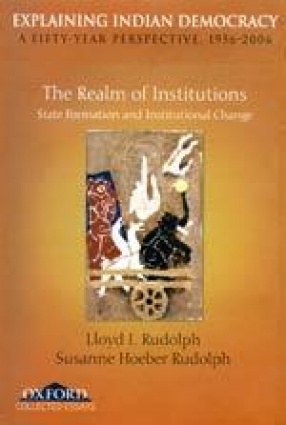

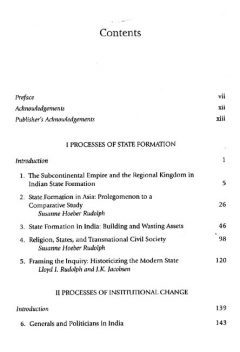

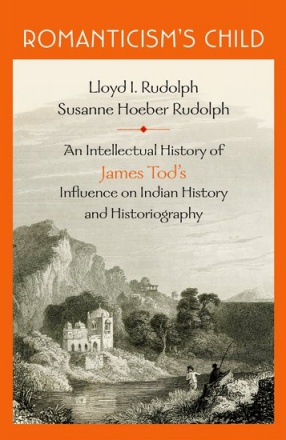
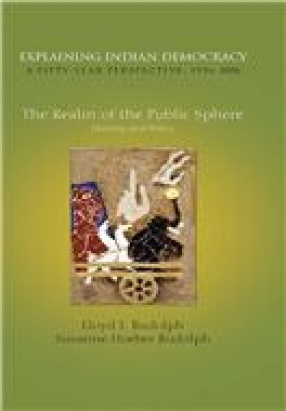
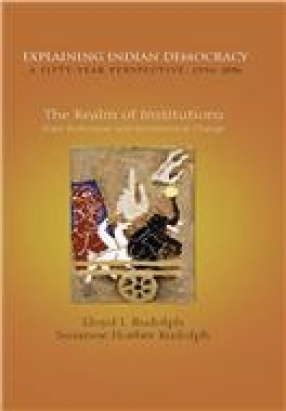
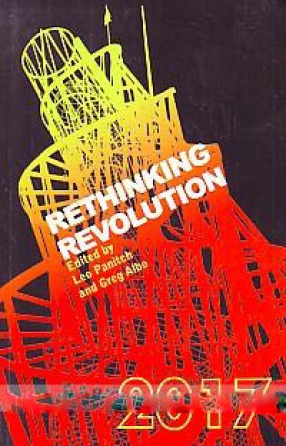

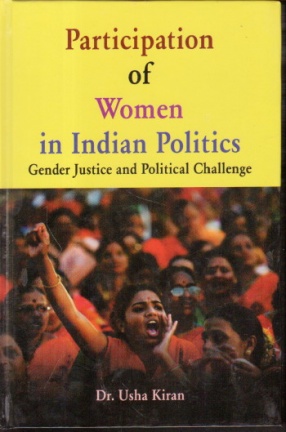
There are no reviews yet.